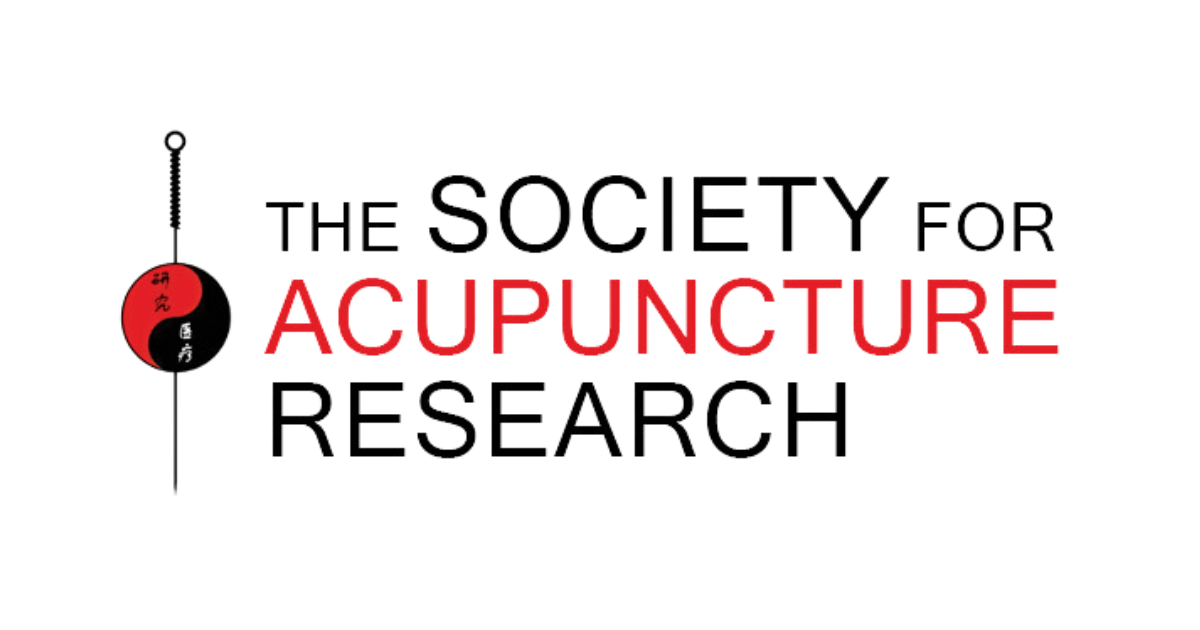2023 ConferenceMEMBER SYMPOSIA #1-3 Friday, May 19, 2023 (3:45pm - 5:15pm)
Member Symposium #1: Basic Science of Multisystem Effects of Acupuncture Presenters: Inna Belfer, MD, PhD; Emrin Horgusluoglu, PhD; Lauren Hablitz, PhD; Shaista Malik, MD, PhD; and Luis Ulloa, PhD Evolving evidence shows that the effect of acupuncture result from the complex interaction of multiple factors, levels, and systems. Acupuncture has been used to treat many medical conditions as well as to restore or maintain health, but whether the diverse effects of acupuncture are intrinsically linked and how they modulate different organ systems have yet to be determined. The impact of acupuncture on organ functions is achieved through the integrated regulation of multiple organ systems and even the whole body. This session will discuss recent findings from basic and mechanistic research on acupuncture effects on multiple systems- cardiovascular function, gastrointestinal tract, and glymphatic/lymphatic system. Dr. Shaista Malik from the University of California-Irvine will present data on the neuroimmune mechanisms underlying electroacupuncture’s effect on vascular function. Dr. Luis Ulloa from Duke University will discuss the vagal control of tissue SUMOylation as a novel anti-inflammatory target in Inflammatory Bowel Disease. Dr. Lauren Hablitz from the University of Rochester will share results from her laboratory targeting glymphatic dysfunction in disease via acupuncture. Last speaker, Dr. Emrin Horgusluoglu from the National Center for Complementary and Integrative Health (NCCIH), will provide the rationale for the development of the NCCIH open-access repository and database for commonly used acupoints. The session will highlight both achievements and gaps in understanding systemic effects of acupuncture, focus on the translational potential of basic and mechanistic research and its relevance for clinical research and practice, and may encourage inter- and multidisciplinary collaborations between preclinical scientists and clinicians.
Member Symposium #2: From Acupuncture Evidence to Clinical and Policy Decision Making Where Are We, and the Ways Forward Presenters: Yu-Qing (Madison) Zhang, MD, MSc, PhD; Hong Zhao, MD; Patricia M. Herman, PhD; and Craig Umscheid, MD, MS According to the World Health Organisation (WHO) 2019 global report, acupuncture is widely used worldwide. In some countries, acupuncture is covered by health insurance and established regulations. In the US, practitioners administer over 10 million acupuncture treatments annually. In the UK, clinicians administer over 4 million acupuncture treatments annually, which the NHS provides. Given the broad clinical application and rapid increase in funding support for acupuncture research, researchers now have additional opportunities to produce high-quality studies. The BMJ Acupuncture collection published in The BMJ analyses the progress of developing high-quality research studies on acupuncture and summarises the current status. It provides critical methodological guidance regarding the production of clinical evidence on clinical practice guidelines and health economic evidence. It also assesses the number and quality of systematic reviews of acupuncture. Exploring the possible underuse of proven beneficial acupuncture therapies in clinical practice and health policy, identifying the promising and under-researched areas, developing strategies to implement effective acupuncture treatments, and establishing funding opportunities and research agendas for acupuncture therapies should be our way forward. Our symposium consists of two parts. Part I: Acupuncture evidence: from randomized controlled trials, clinical practice Guidelines to health economic evaluation 30min: (10min per presentation, three presentations) Part II: Round table discussion: Decision-making using evidence 60min round table discussion Introducing the topic: 5min Round table discussion: 55min Moderator: Jun J. Mao Panels: Patricia M Herman, Amir Qaseem, Hong Zhao, Craig A. Umscheid, Yu-Qing (Madison) Zhang
Member Symposium #3: Editors Roundtable: Scientific Integrity and Misconduct Presenters: Jeff Dusek, PhD; Susan Wieland, PhD; Jennifer Stone, MSOM, LAc, and Juli Olson, DC, DACM, FAIHM Do you have a deep distrust in science - or is it the opposite? Do you have an ingrained belief that research scientists studying biomedicine are honorable and ethical? Does science have the potential for fraud, sloppiness and overhype? We are taught as clinicians to only trust evidence that is published in a peer reviewed journal, yet in the last few years our body of evidence has been compromised by fraudsters and organized crime. Today there is a tendency of partisans to interpret science in ways that defend their ideology….is it interpreted with bias? Is it shared on social media with bias? We all can learn to identify sources of evidence that are and are not trustworthy so we can better understand biases, lack of oversight, and fraudulent fabrication of evidence such as image manipulation. As both producers of resear; ch and consumers of research who use evidence to inform our clinical decision making, we all can benefit from more critically evaluating the credibility of peer reviewed science we read and share with our colleagues and patients. Editors have developed strategies to quickly spot fraudulent journal submissions generated from paper mills, email invitations to join editorial boards of predatory journals and conferences, and how to objectively evaluate accusations of misconduct. In this panel, editors will discuss their own experiences with cases of misconduct, and strategies they use to identify fraud. Participants will learn 1. About outside threats to the integrity of the scholarly literature and our own pocketbooks 2. How to critically evaluate peer reviewed science – post publication, and 3. What a retraction is and how editors differentiate between blatant misconduct, human error, and naivety (misunderstanding of the rules) |
